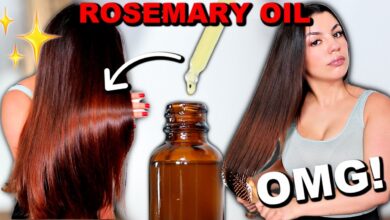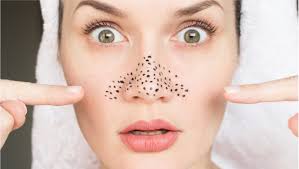Acne is a common skin condition. It is observed in both men and women, especially in adolescents as they enter puberty. Acne is characterized by the appearance of small, red, and inflamed bumps on your skin and forehead. This happens as a result of clogged pores as you are likely to be exposed to pollution, dust, and other impurities.
In this article, we will discuss the causes of forehead acne and medical as well as natural treatment options for it.
What Causes Forehead Acne?
Most types of acne are caused when the pores of sebaceous glands in your skin get clogged. This holds true for forehead acne as well. Excess sebum production, presence of dead skin cells, dirt, and bacteria can cause the pores to clog, thus leading to pimples on the forehead.
Some factors that increase your risk of developing acne include hormonal changes, stress, poor hygiene habits, use of comedogenic cosmetics that clog your pores, medications like steroids, barbiturates, etc. Hormonal changes around puberty can cause the appearance of acne and pimples due to the changing levels of hormones in your body.
If you use comedogenic cosmetic products, the pores in your skin can get clogged and result in breakouts and acne. Acne can also be a result of taking medicines that can cause a hormonal imbalance in your body. If you do not maintain good hygiene by washing your face and hair regularly, you are at the risk of getting acne as the impurities in your skin can clog the pores and cause breakouts.
Acne can also be caused in individuals who are predisposed to have the skin condition and also if you have foods that have a high glycemic index.
Forehead Acne Medical Treatments
Mild cases of pimples or acne on the forehead can be treated using over-the-counter medication in the form of ointments, creams, gels, or supplements. Benzoyl peroxide, salicylic acid, retinol, and resorcinol are common OTC options.
Benzoyl peroxide is known to be antibacterial, while salicylic acid exhibits anti-inflammatory and comedolytic properties. This can help reduce the blockage of pores with sebum that can lead to acne.
Retinol (vitamin A) and zinc supplements are other effective options to reduce acne.
You can resort to over-the-counter medication, depending on the severity of the acne on your forehead. Make sure to consult your dermatologist before taking these medicines. If you are dealing with severe acne, your dermatologist will guide you about the treatment options you can follow.
If you have a mild case of acne, the following natural remedies may help treat it.
How To Reduce Forehead Acne Naturally
open next page to continue reading….
Related Articles
-
Reduce Large Skin Pores Fast With These Home RemediesApril 25, 2024




